An ERC's Starting Grant? The Young Academy of Europe can help

Katalin Solymosi, the author of this post, is the current Chair of the Young Academy of Europe.
The Young Academy of Europe (YAE) is a bottom-up researcher organization that was founded in 2012 by early-career principal investigators holding the prestigious Starting Grant (StG) of the European Research Council (ERC) and wanting to get involved in science policy at the European level. Since 2020, the organization has launched a series of ERC StG mentoring events, with the aim to support other researchers in successfully applying to this grant scheme – especially from countries and institutions where mentoring is not available.
YAE is a unique independent grassroots organization aiming at promoting scientific networking, interdisciplinary exchange, science outreach, and the involvement of early- to mid-career researchers in science policy, evidence-based policy as well as in initiatives enhancing equity, diversity and inclusion in academia. For more information about the activities of YAE, see this FEBS Network post from 2022 or check out YAE's website.
Although YAE was originally founded in 2012 by ERC StG holders, the admission criteria were later widened to researchers leading as principal investigators some other prestigious national or international grants and interested in science policy and in providing science advice for policymakers. As the membership has unique experience with ERC StG applications, the organization launched an event series dedicated to ERC StG mentoring of other researchers interested in applying to this grant. Below I’ll briefly summarize our related activities and available resources.
It must be added that, since the series was set up, the application and selection procedures of ERC have changed and the ERC has also developed very useful videos and other material to help applicants to navigate through the process, as well as testimonials of ERC grantees. These valuable resources are available on the official homepage of ERC and its YouTube channel. Several useful papers and blog posts are available also from previous ERC winners. These may help future applicants to prepare a successful application. Below, I’ll only briefly introduce YAE’s ERC StG mentoring activities. However, reference to other resources and papers is also made in several of these videos.
At the 2020 event, we had a plenary information session for potential applicants featuring a representative from the European Research Council Executive Agency (ERCEA) and a YAE member, Nedjeljka Zagar discussing the obstacles for next generation researchers to become successful, as well as some sad 2017 statistical data indicating that only about 2% of ERC projects were run in Central and Eastern European countries. The plenary session was followed by domain-specific breakout sessions featuring ERC StG holding YAE members from the Physical Sciences and Engineering (PE), the Social Sciences and Humanities (SH) and the Life Sciences (LS) panels, and sharing their experiences with the application process. More details about this event are available, as well as the videos of the respective domain-specific breakout rooms.
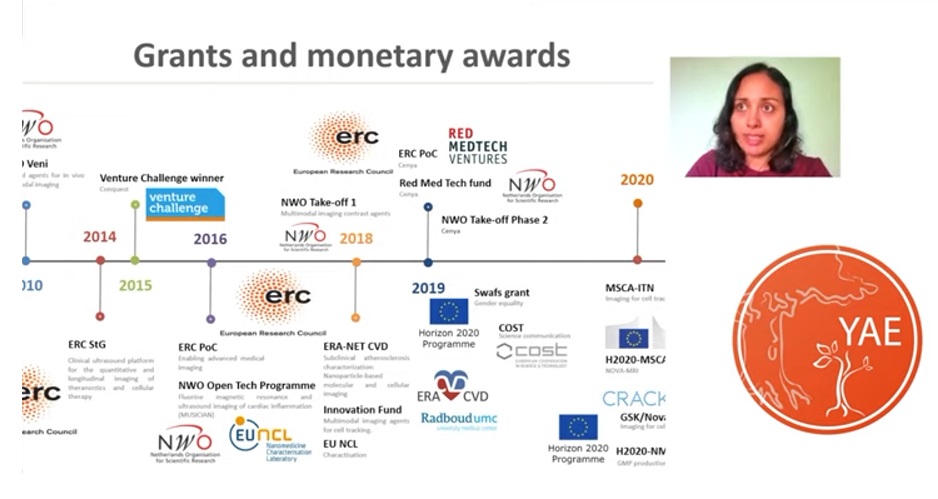
In 2021, the plenary part of our event co-organized with the Academia Europaea Budapest Knowledge Hub again featured a colleague from ERCEA talking in general about the ERC StG proposal, followed by a talk by Gergely Bőhm, ERC National Contact Point leader in Hungary, who gave an interesting lecture summarizing typical comments of ERC evaluation reports. In addition, we also shared a document compiled by an anonymous ERC evaluator, which outlines common areas for improvement (or to put it less nicely: typical mistakes) from ERC applications received from EU13 countries, with practical recommendations on how to avoid them. In the second part of our 2021 event, we wanted to provide insight into how the ERC’s evaluation panels work and how decisions within evaluation panels are made to recommend a grant application for funding. For this, we have picked out one funded and one rejected ERC StG proposal per domain, and recruited world-renowned experienced senior researchers who acted like panelists and discussed these grants among themselves in the way similar panels do. This type of mock evaluation panel functioning (as well as mock oral interview panels) are offered to applicants at some universities abroad (e.g., in the UK), but not in most institutions in EU13 countries, so we thought that checking out these videos and resources (LS panel, SH panel and PE panel) could be useful for many. We believe that this was an important opportunity for applicants to gain key insights into what makes an ERC application successful and a better understanding of the written grant evaluation process.
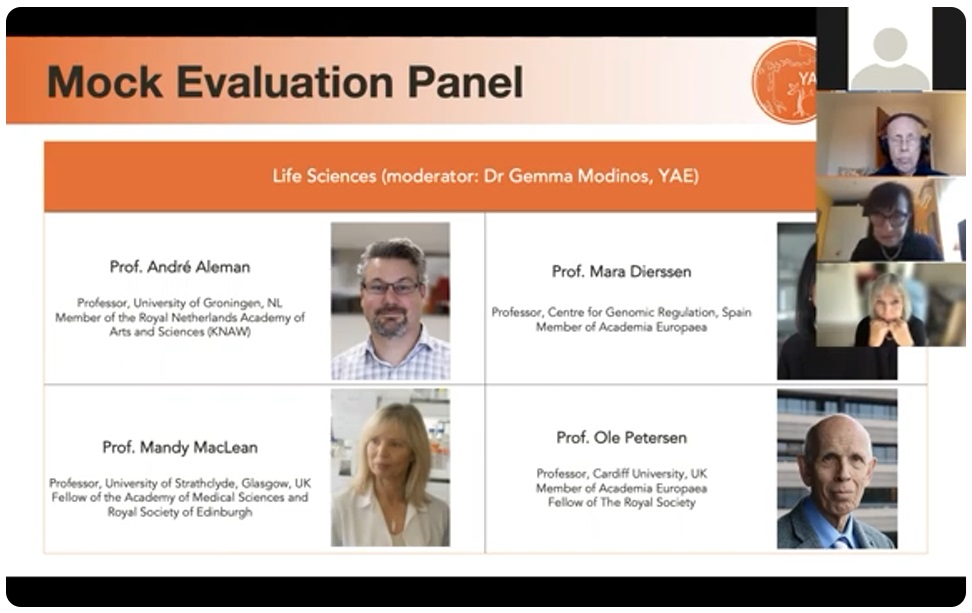
In 2023, once again in cooperation with the Academia Europaea Budapest Knowledge Hub, we organized an event that was centered around narrative CVs. This is an old but recently reintroduced specific CV format, used by several national and international funding agencies to improve the evaluation of the researchers. ERC announced in 2023 a switch to this CV format during the application process, which gave our event its topicality. We invited representatives of funding agencies: Robbert Hoogstraat from the Dutch Research Council and Sean Sapcariu from the Luxembourg National Research Foundation. These organisations already use this CV format and thus they shared their experiences and insights into narrative-based CVs and their assessment. Then we listened to the testimonial from Serim Ilday (YAE member) about how her narrative CV helped her to secure an ERC StG before. The video of the event is available. For those lacking mentoring or experience with narrative CVs, the YAE along with the Marie Curie Alumni Association and 6 funding agencies (FNR, NWO, SFI, SNSF, UKRI, Wellcome) has launched in 2024 an open peer exchange platform for writing narrative-style CVs. More details about this free mentoring platform are available and, if interested, do not hesitate to register either as a mentor or a mentee.
For the 2024 event realized in collaboration with the Academia Europaea Budapest Knowledge Hub, we were honored to have Maria Leptin, the President of the ERC, and Angela Liberatore (Head of the Scientific Management Department at ERCEA) as speakers explaining in the plenary part the rationale behind the recent changes introduced in the application and evaluation process of ERC in 2024. The video of their presentations, as well as also those of the 2024 domain-specific breakout sessions featuring recent ERC StG winners, are all available at the YouTube channel of the YAE (LS, PE and SH).
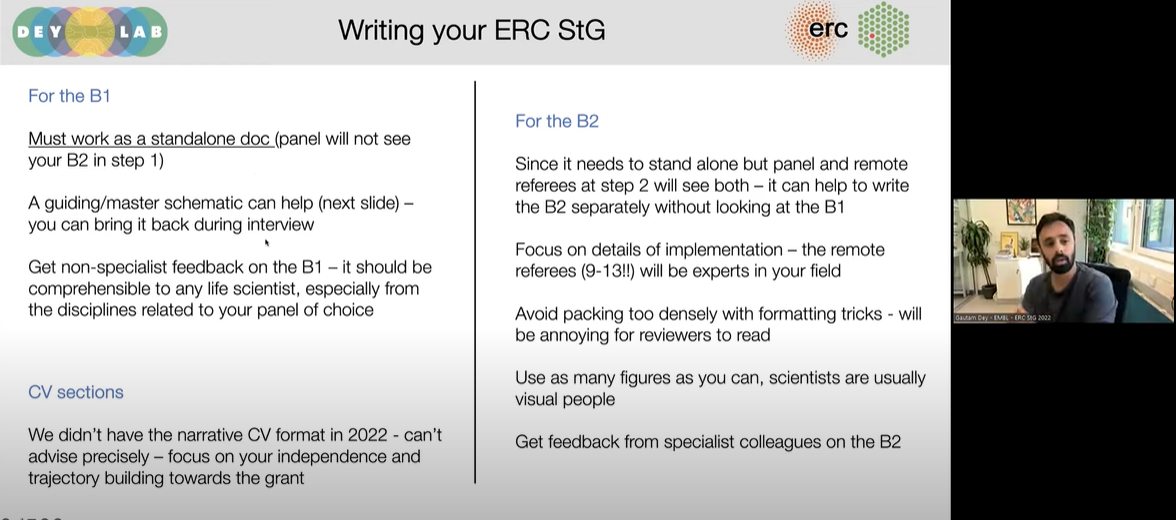
Watching several of the videos and presentations of researchers who got an ERC StG clearly showed some patterns and important ideas about how to start to develop such projects, so I can only recommend it to those who are planning to apply for ERC grants. I hope the FEBS community and the readers of this blog can also benefit from it!
All images by the Young Academy of Europe.
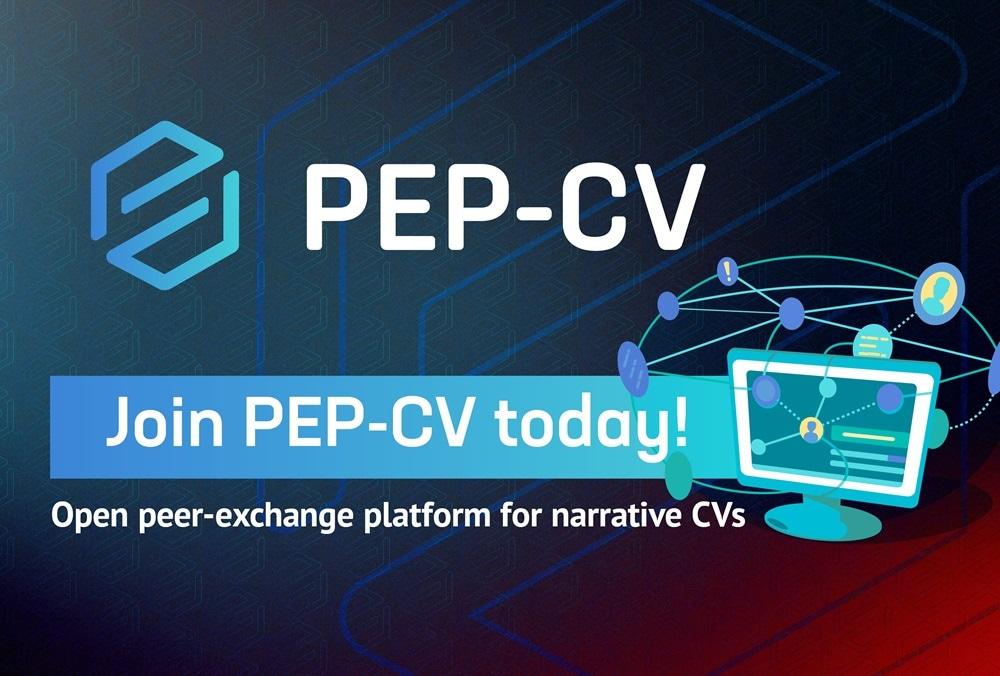
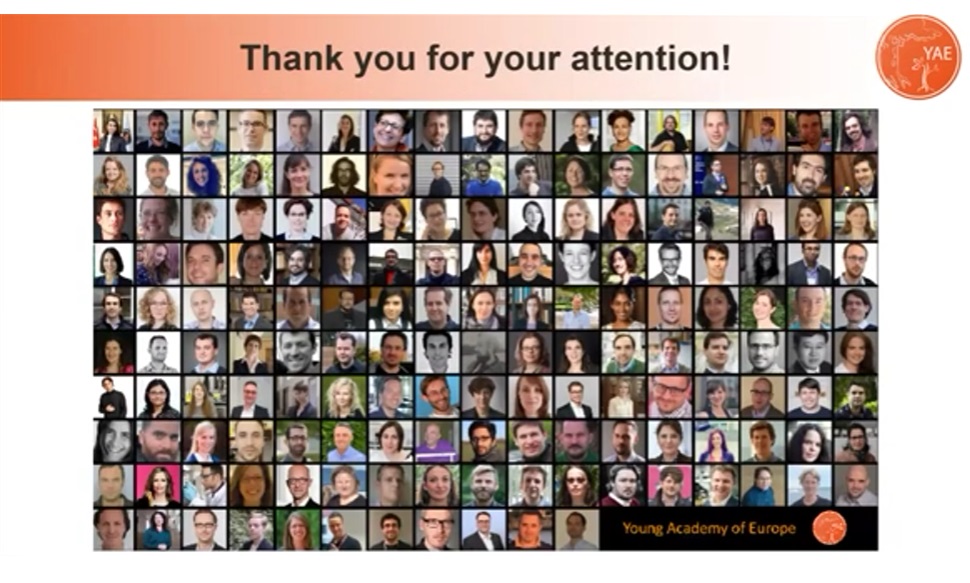
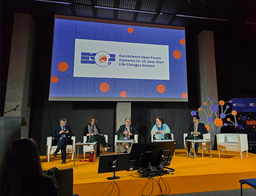
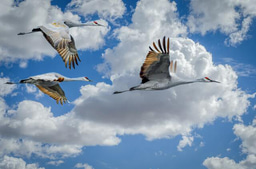
Join the FEBS Network today
Joining the FEBS Network’s molecular life sciences community enables you to access special content on the site, present your profile, 'follow' contributors, 'comment' on and 'like' content, post your own content, and set up a tailored email digest for updates.